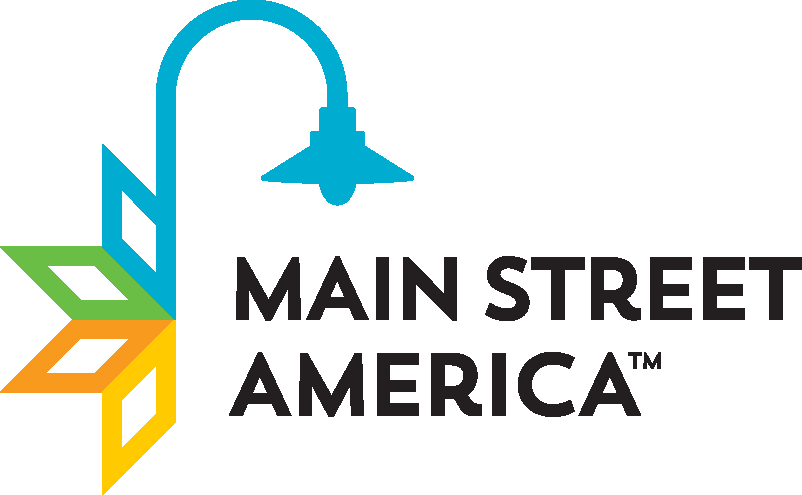Authorized by Article IX, Section VII of the Georgia Constitution, a community improvement district (CID) is a mechanism for funding certain governmental services, including street and road construction and maintenance, parks and recreation, storm water and sewage systems, water systems, public transportation systems, and other services and facilities. The administrative body of the CID, which can be the city governing authority, may levy taxes, fees and assessments within the CID, not to exceed 2.5 percent of the assessed value of the real property. Such taxes, fees and assessments may only be levied on real property that is used for non-residential purposes and revenues may be used only to provide governmental services and facilities within the CID. Bonded debt is permitted, but such debt may not be considered an obligation of the state or any other unit of government other than the CID.
The General Assembly may create a CID by local legislation. The creation of a CID is conditioned on approval of the municipal government if the CID would be entirely within the municipality and approval from both the municipal government and the county government if the CID would be partially in the incorporated area and partially within the unincorporated area. Additionally, the creation of a CID is contingent on receiving the written consent of a majority of the owners of the real property within the CID that would be subject to CID taxes, fees and assessments, as well as the owners of the real property within the CID that constitutes at least 75 percent by value of all real property within the CID that will be subject to CID taxes, fees and assessments.



